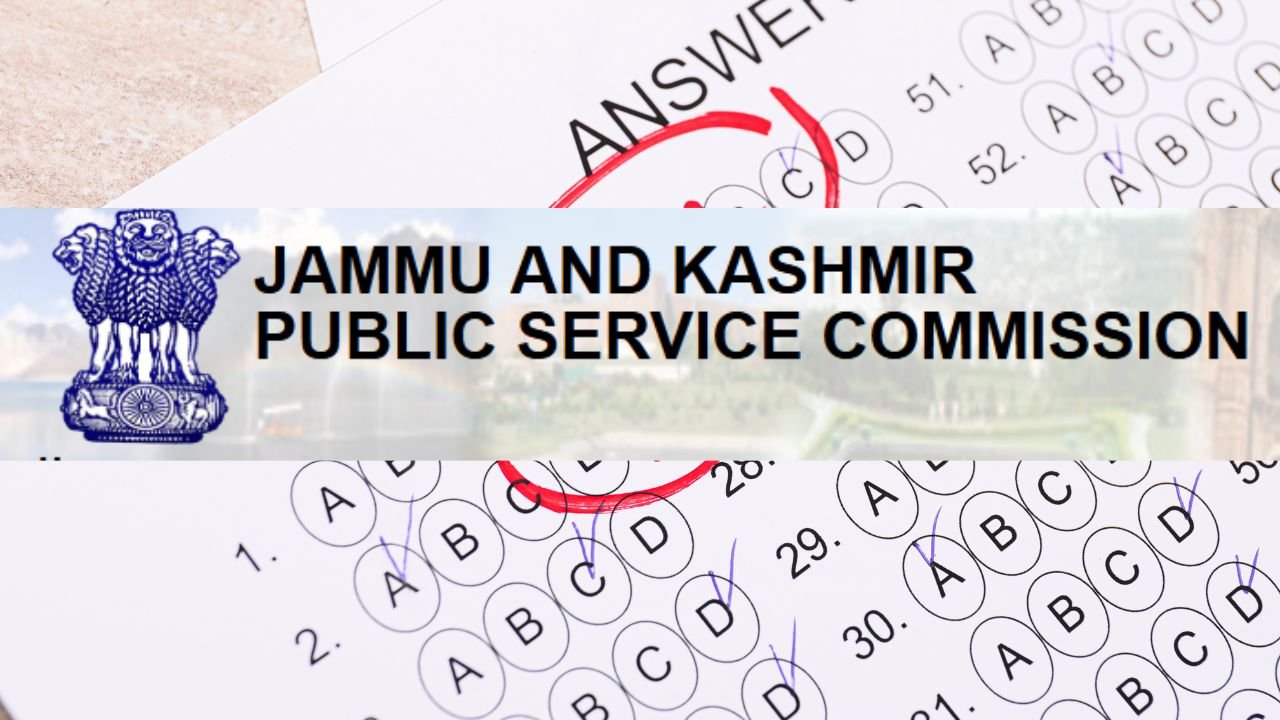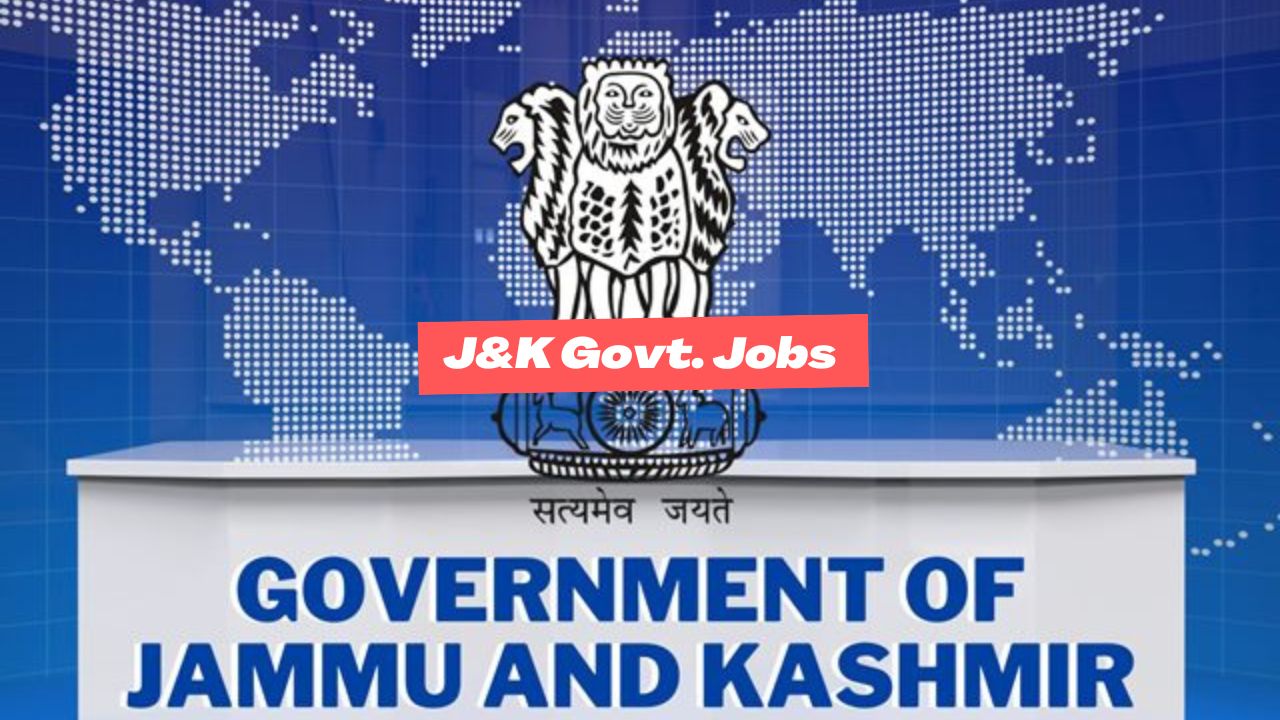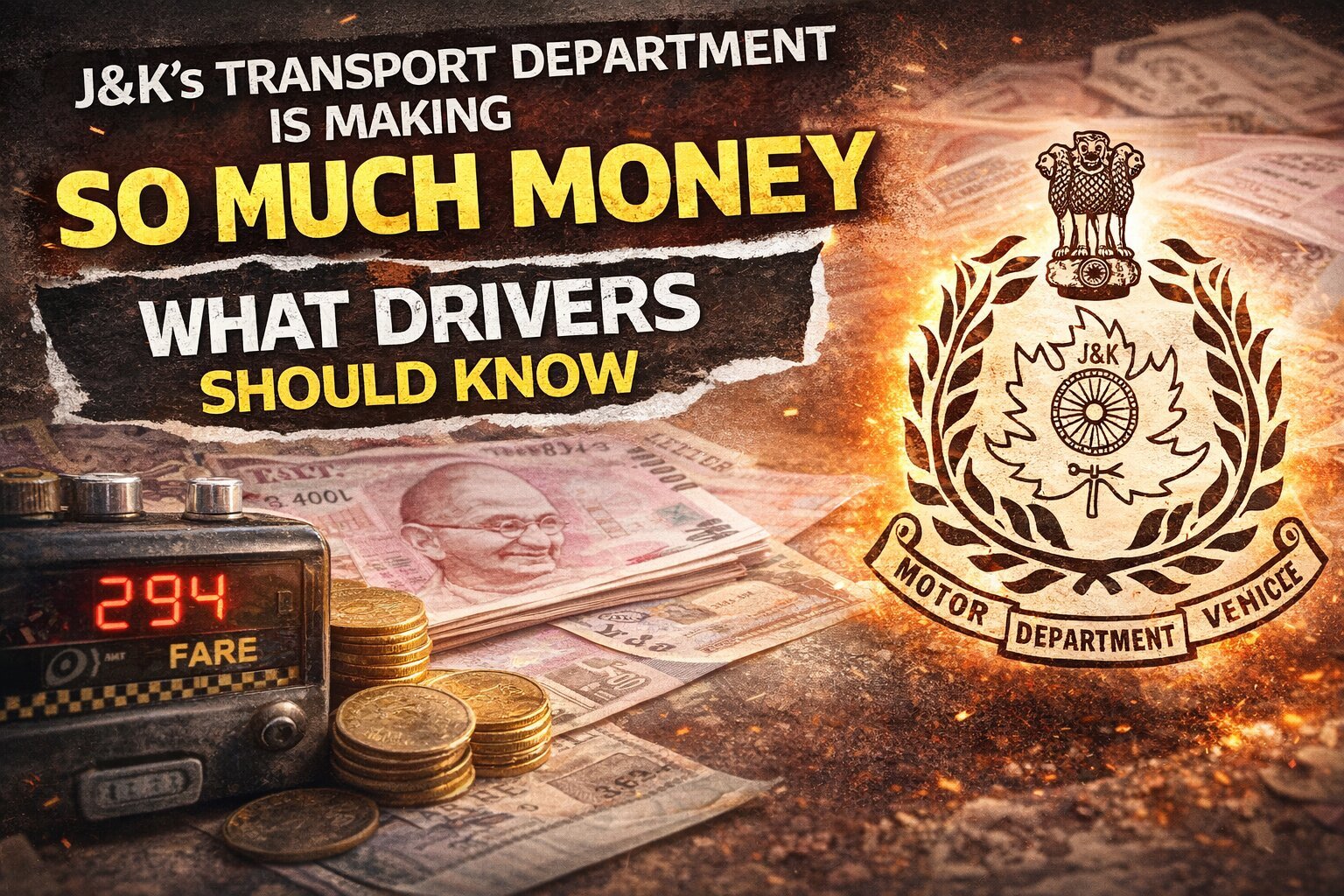The shortage of officers in India’s top civil services has been a persistent issue. Recent data presented by Union Minister Dr. Jitendra Singh in the Rajya Sabha sheds light on the extent of vacancies in the Indian Administrative Service (IAS), Indian Police Service (IPS), and Indian Forest Service (IFS). With hundreds of positions left unfilled, the urgency for effective recruitment strategies has never been more apparent.
Current Vacancies in IAS and IPS
As of January 1, 2024, the IAS, the backbone of India’s administrative machinery, had a total sanctioned strength of 6,858 officers. However, only 5,542 officers were in position, leaving 1,316 posts vacant. Breaking this down, 794 vacancies were for direct recruits, while 522 were reserved for promotions.
The IPS, responsible for maintaining law and order, faced a similar shortfall. Against a sanctioned strength of 5,055 officers, only 4,469 officers were serving, resulting in 586 vacant posts. Among these, 209 were for direct recruitment, and 377 were promotion positions.
Critical Shortage in the Indian Forest Service (IFS)
The Indian Forest Service, tasked with protecting India’s rich biodiversity, has also been impacted. The sanctioned strength for IFS officers stands at 3,193, but only 2,151 officers are currently in position. This leaves a staggering 1,042 posts unoccupied. Out of these vacancies, 503 were for direct recruits, and 539 were promotion posts.
Recruitment Through Civil Services Examination
All IAS, IPS, and IFS officers are selected through the Civil Services Examination (CSE), conducted annually by the Union Public Service Commission (UPSC). Despite the rigorous process, the growing number of vacancies indicates the need to address inefficiencies in recruitment and allocation.
Category-Wise Appointments in Recent Years
Dr. Singh’s reply also highlighted the category-wise appointments made in these services over the last five years. For the 2022 CSE year:
- IAS Appointments: 75 from the General category, 45 from Other Backward Classes (OBC), 29 from Scheduled Castes (SC), and 13 from Scheduled Tribes (ST).
- IPS Appointments: 83 General, 53 OBC, 31 SC, and 13 ST officers joined the cadre.
- IFS Appointments: 43 General, 51 OBC, 22 SC, and 11 ST officers were recruited.
These numbers show the government’s efforts to ensure representation from diverse communities while meeting the country’s administrative and law enforcement needs.
Implications of Officer Shortages
The vacancies in these prestigious services directly impact governance and the implementation of key policies. The IAS ensures efficient administration, the IPS maintains internal security, and the IFS safeguards ecological balance. A shortage of officers in these areas can hinder developmental initiatives and compromise governance quality.
Moreover, promotion delays for eligible candidates further exacerbate the issue. Addressing these challenges requires an integrated approach involving faster recruitment processes and streamlined promotion mechanisms.
Need for Recruitment Reforms
To tackle the persistent shortages in these cadres, reforms in the recruitment system are essential. Suggestions include:
- Increasing Recruitment Targets: The UPSC can consider increasing the number of candidates selected annually.
- Faster Promotion Cycles: Streamlining the promotion process for state service officers to fill vacant positions quickly.
- Improving Training Capacities: Enhancing the capacity of training institutions to accommodate more recruits without compromising the quality of training.
The growing number of vacancies in the IAS, IPS, and IFS underscores the need for immediate attention to India’s recruitment and administrative strategies. These services form the backbone of governance, law enforcement, and environmental protection. By addressing the current challenges, the government can ensure the nation has the skilled workforce necessary to meet its evolving administrative and developmental needs.




















